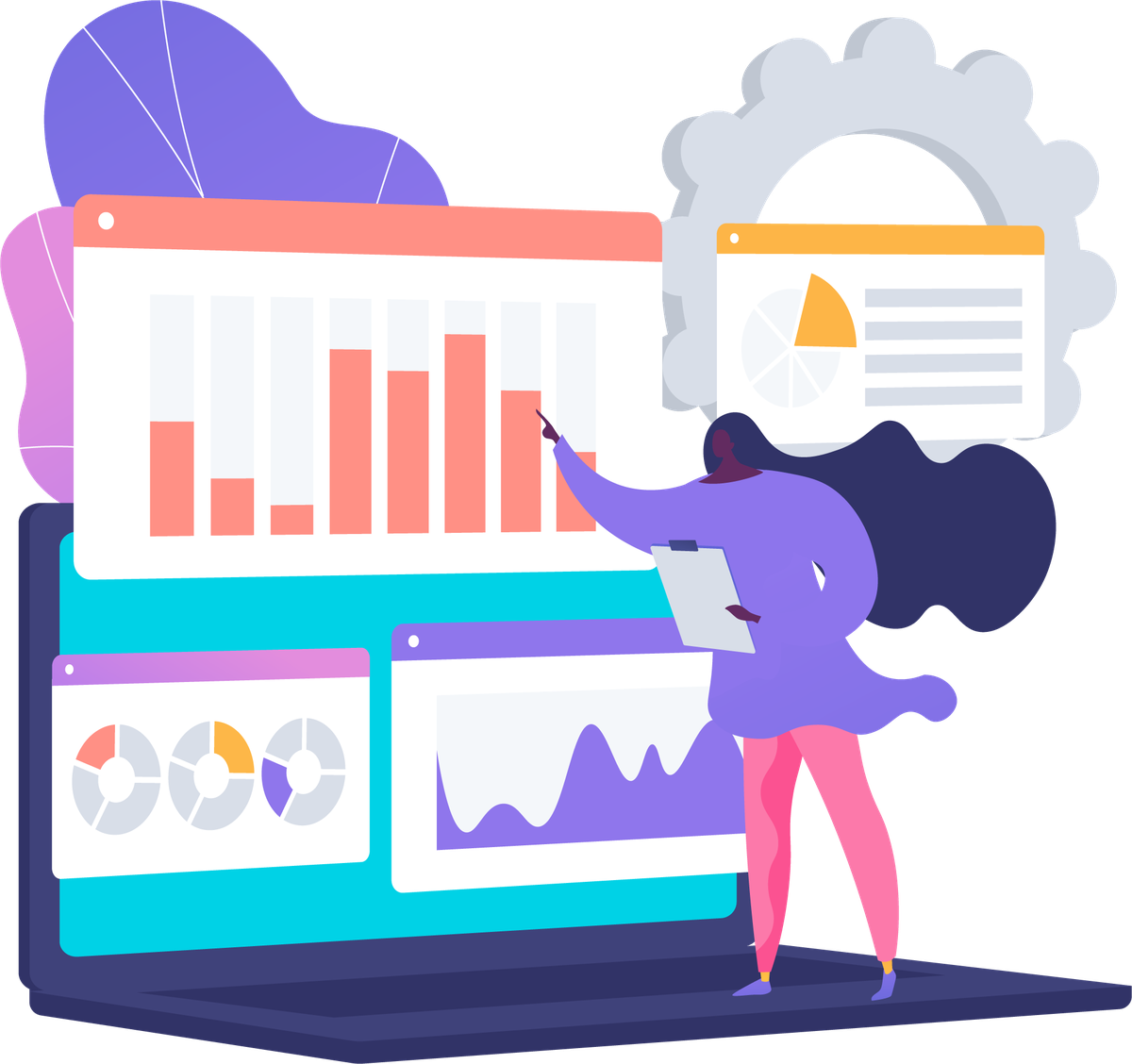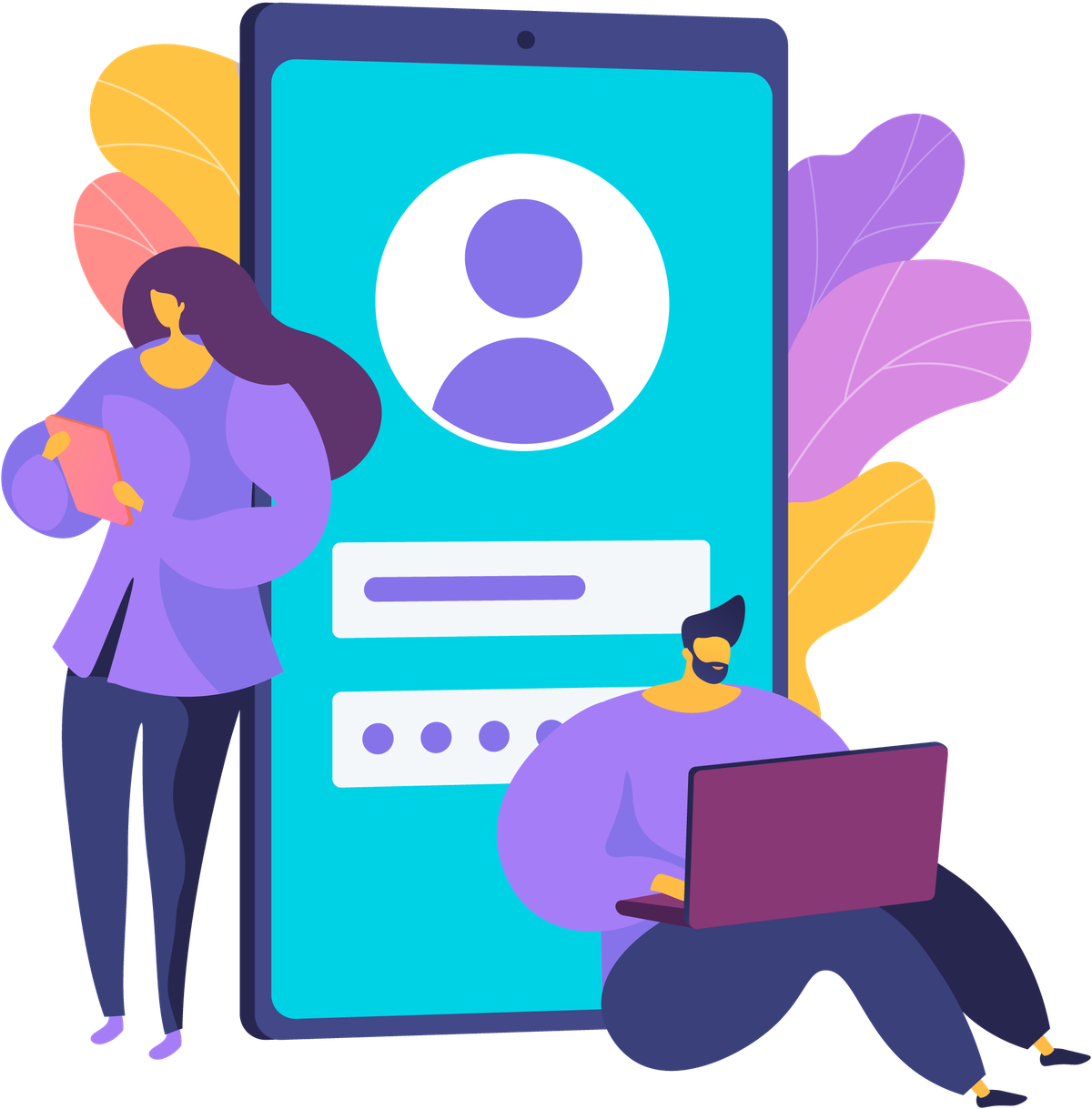Doctor Digital, I've got a Facebook page for my business, why do I need a website too? Isn't that enough?
Doctor Digital Says

I am going to give it to you straight. No sugar coating, no letting you make your own discovery in the world. No. Quite frankly no, it's not enough. Now let me tell you why.
There are a lot of Tasmanian businesses that only have Facebook pages. When you go to Google my Business and click on their website link it takes you through to a Facebook page. Sometimes a Facebook page that hasn't been updated since 2016. This is not a website, it doesn't take you to the information being sought, and the net result is usually a bounce right off to another business.
A website is essential for a business and that is any business and all businesses.
A website is a home for your business on the Internet that is 100% focused on connecting your brand to your customers in an environment where there are no distractions, where you own that person's experience and can optimise it to be the most likely place where they will convert from doing research on a product or service to being a customer - of yours.
Websites allow you to curate that experience, make sure that people can easily find information, that what they do find is up to date, is safe to transact on, and helps them to understand your business values, your Tasmanianness, how you can solve a problem for them that they need solved - even if they don't know it.
In a basic human way, we are always neurobiologically looking for safety, we are hard-wired to do that in our brains and in our nervous systems, so our experience on the web and in search is simply going to mimic that need. A website unconsciously gives us an anchor of legitimacy in our buying experience, and also in our searching experience that a social media channel doesn't. We seek the stable and predictable for that experience, but simultaneously want to be delighted and have our needs met.
In another very basic human function, we have evolved in our online behavior to seek information as we would phrase a question. A Google search is going to closely mimic how we would speak our inner narratives and explorations: Where can I buy specialty mushrooms? Farmers market near me? Tasmania wild mushrooms identification chart. What do I do if I get poisoned by a wild mushroom? Hospitals near me.
Google has built its extensive algorithms to mimic the human process and link to the nearest and closest validated information source. It also has built these ranking algorithms to preference up to date websites with directly relevant information in close proximity to where the seeker is asking the question.
We are unlikely to ask Google to take us to a Facebook page on the specific topic. And given Google is still the biggest player in search, and much search is happening in real or near real time on mobile, a website is simply going to perform better in this model.
Facebook is a social network, originally designed for human connection and interaction, which morphed into a monetising machine for businesses to sell products and services under the guise of being social. It isn't inherently bad, it just isn't the right tool for the job of representing your brand and business.
In a Facebook feed, customers are being shown continual distractions from other people and businesses - often ones in direct competition to your product as Facebook looks to maximise its own profits over your success. It's not personal, its how the algorithm and business model of Facebook works.
One of the other main issues with Facebook as a single source of truth for your business is that you don't own any of what you put on it. At any moment as happened in Australia in 2021, Facebook can go offline, block your site, change its own algorithm, preference a particular type of search or ban you forever without any capacity for you to change that decision.
This is a high-risk strategy if your customers, communications and transactions are all in the Facebook basket. Sadly many a business has experienced this the hard way. Not only that, but Facebook is profiting from you directly and using your data to onsell to make more money, none of which is about building a sustainable business for you.
Sometimes as you prove your idea as a business concept, a Facebook page is a good stepping stone to your website, but only as an interim step. Contemporary websites are cost-effective, mostly highly optimised for SEO, accessibility and design. Using template sites like Wix, Weebly, Squarespace, or Wordpress, you can build a more than satisfactory website yourself, or with a little help from a designer or web builder get the site of your dreams.
This is an important investment in your business, and a key strategic pillar of your communication and monetisation strategy, and needs to be seen in that light rather than as an expense. Your website should pay you back with traffic and conversions, and grow and evolve as your business does. And a page on Facebook can never adequately do that.
If you are relying on a Facebook page for everything, now is the time to book in with our digital coaching team to look at options for getting you on the web, and let your social media do what it's designed to do - build community and connections for your brand to convert on your website. Make an appointment with one of our friendly and experienced coaches here when you are ready.


